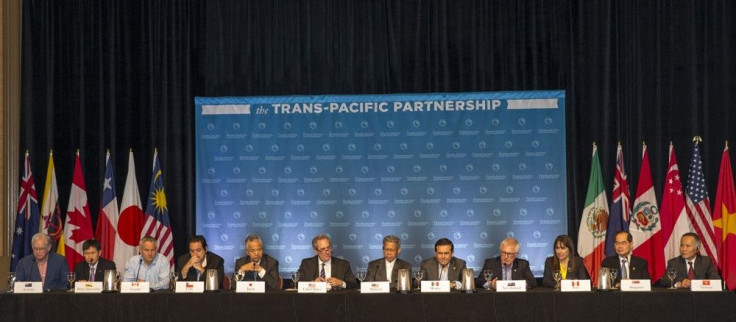TPP agreement's effects on health industry in doubt

A GetUp! petition against the Trans-Pacific Partnership Agreement (TPP) has gained almost 120,000 signatures, but secrecy surrounding the negotiations has made it unclear exactly how the agreement will affect Australia.
Supporters of the agreement have said the TPP will create jobs, make Australia more competitive on the world stage, and encourage growth in the Asia-Pacific region. Farmers are set to gain from the deal with tariffs cut and improved access for beef, sugar, wine, rice, dairy, seafood and horticulture.
Although details of the negotiations between the 12 countries involved have not been publicly available, healthcare professionals in particular are concerned about the drafts that have been leaked.
“The challenge for us through the whole process is understanding what is in the agreement. Fortunately we’ve had some indications from Wikileaks but they’ve been after the fact. The actual wording of the agreement is still unknown and it’s that wording that would make all the difference,” said Michael Moore, CEO of the Public Health Association of Australia.
Documents on Wikileaks show countries could be sued by other TPP countries, while a State Owned Enterprise (SOE) would be prohibited from discriminating in favour of local businesses, and could be sued by foreign companies.
Foreign multi-national businesses could also sue the Australian government if local health and environment legislations are found to restrict trading. There were concerns tobacco companies would be able to sue governments, however, they have been ruled ineligible.
“One example would be if a local council decides it appropriate to regulate the opening hours for the sale of alcohol”, said Moore. “It would not be surprising to see international alcohol conglomerates pursue that as a restriction of their trade.”
Although there are safeguards to assist governments, it is still possible for cases to be made.
US pharmaceutical group Eli Lilly sued the Canadian government for $500 million on drug patents after the government passed laws that struck down its exclusive right to produce two drugs.
In over 600 investor-state dispute settlement cases recorded around the world, corporations won 14 percent of these, as of December 2014. On average, businesses were awarded less than 10 percent of the initial amount they sought.
Those in the health industry will also monitor the possible effects of TPP on the costs and availability of medicines in Australia, said Deborah Gleeson, lecturer at La Trobe University’s School of Psychology and Public Health.
“The Australian government is saying that there won’t be any impact to the cost of medicines to people in Australia,” she said. “We’ll certainly be holding the government to not increasing the cost of medicines in Australia.”
Gleeson said leaked drafts indicate medicine prices will not change for Australians but the TPP could have negative effects on the availability of medicines in developing countries.
“Some countries in the TPP, such as Vietnam and Peru, are going to have to implement much stricter policies.”
If the agreement goes ahead as the drafts suggest, Vietnam’s treatment rate could decrease from 68 percent to 38 percent as more treatments would be granted patents or stay under monopoly protection for longer periods of time, according to Gleeson’s research.
The TPP agreement was signed on October 5 after five years of negotiations. If the TPP is legislated in each of the 12 countries, it will cover almost 40 percent of the global economy.




















